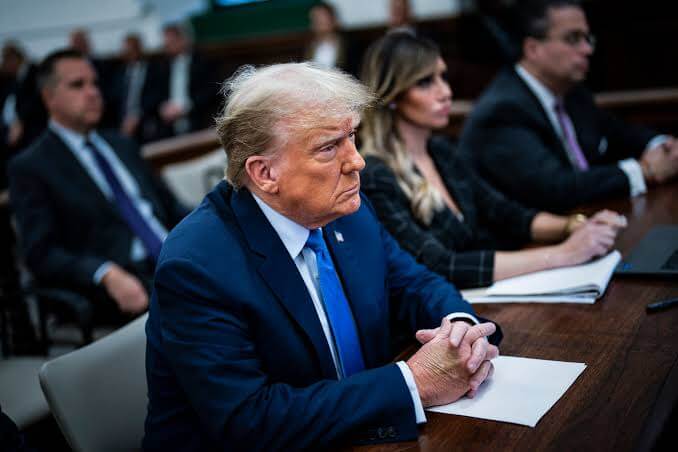US POLITICS – Donald Trump can be prosecuted for actions taken during his presidential term, the D.C. Court of Appeals ruled on Tuesday, and is therefore not exempt from the various criminal charges against him.
Trump Wants Immunity
Trump had railed against such a decision, arguing that he should be immune from prosecution for actions he took while in office, even in the case of ‘events that ‘’cross the line,’” he wrote on social media.
‘A president of the United States must have full immunity, without which it would be impossible for him/her to properly function. Any mistake, even if well intended, would be met with almost certain indictment by the opposing party at term end,’ Trump wrote in all caps on Truth Social in January.
‘Even events that ”cross the line” must fall under total immunity, or it will be years of trauma trying to determine good from bad.’
Trump’s attorney John Sauer argued in an earlier court hearing that a criminal prosecution of a current or former president should require that they ‘be speedily impeached and convicted’ first.
Why Trump was Acquitted by the Senate
While Trump has been impeached twice by the U.S. House of Representatives, he was later acquitted on all counts by the Senate, though legal experts have questioned whether his impeachment acquittals offer him double-jeopardy protection from criminal charges.

Will Trump be Still Prosecuted?
Despite the ruling from the appeals court, the conservative-leaning Supreme Court still has the option to weigh in and reverse the outcome — a request the former president is likely to make, particularly as there is no clear guidance regarding whether a president has immunity for acts committed while in office.
Trump, who is currently running for president again, faces a total of 91 felony counts as a result of four criminal investigations, which surround alleged hush money payments, his handling of classified documents at Mar-a-Largo, the Jan. 6, 2021, Capitol riot, and Georgia election interference.

